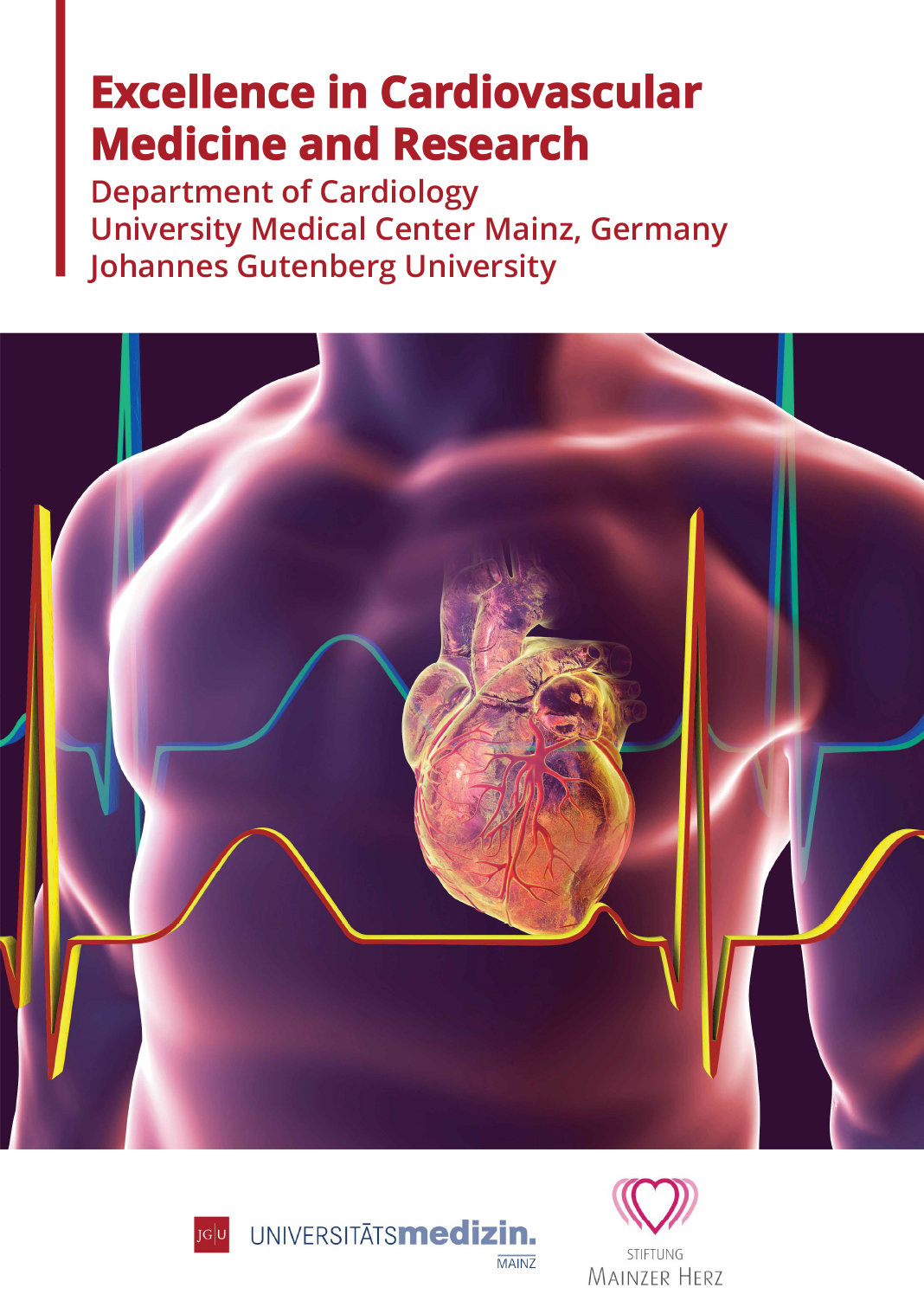-
Number one worldwide in the minimally invasive treatment of patients with mitral valve disease via the Mitraclip®
-
State-of-the-art diagnosis and treatment of patients with coronary artery disease
-
Leadership in research on how environmental stressors may cause cardiovascular disease.
The Department of Cardiology at the University Medical Center Mainz (UMCM), Johannes Gutenberg University (JGU), Germany, is becoming one of the top cardiovascular treatment and research centres in Europe.
Led by University Professor Dr Thomas Münzel, the Department of Cardiology has received internationally acclaimed recognition for its leadership in cardiac and vascular medicine and research, and includes Europe’s first dedicated Heart Valve Unit to pioneer solutions to the drastic increase in the prevalence of heart valve disorders in Germany.
In the centre’s latest addition to Innovation News Network’s eBooks catalogue, the Department of Cardiology at the UMCM delivers an engaging and invaluable guide to the current research topics and therapy breakthroughs in cardiac and vascular medicine.
Inside this eBook
This eBook focuses on the department’s
- Minimally invasive, percutaneous heart valve therapy techniques;
- Europe’s first Heart Valve Unit;
- Invasive treatment of pulmonary embolism;
- State-of-the-art coronary diagnostics and intervention;
- Preclinical and clinical research activities;
- Prevention;
- Chest Pain Unit;
- Epidemiological research; and
- Translational research into the adverse health effects of the environment.
Cardiovascular medicine, the environment and health
With the growing and ageing population, the number of deaths from cardiovascular disease all around the world every year is increasing alongside the average life expectancy. There is therefore also a growing number of people suffering from both cardiac and vascular diseases.
The Department of Cardiology is committed to the research of medicine and therapies, as well as factors that can be considered as prevention strategies. Treating almost 12,000 inpatients per year and performing more than 700 heart valve procedures, more than 4,000 coronary and peripheral diagnostic catherizations and percutaneous interventions, almost 1,000 ablation procedures and implantation of 700 devices, the department is one of the largest University Cardiology Centres in Germany.
Under Professor Münzel’s leadership, the Department of Cardiology has established the Gutenberg Health Study, one of the world’s largest population-based, interdisciplinary cohort studies, to gain a broader insight into medical prevention, diagnosis and treatment improvements. He also initiated the Centre for Thrombosis and Hemostasis (CTH), which received a grant support of more than €40m from Germany’s Ministry of Science.
The Department of Cardiology has also made major research achievements through investigating the relationship between the environment and human health. Being successful in translational research, the group of Professor Münzel was able to identify for the first time the molecular mechanisms of how noise can cause damage to the vasculature and the brain, helping us to understand the cardiovascular side effects of this important environmental stressor.


